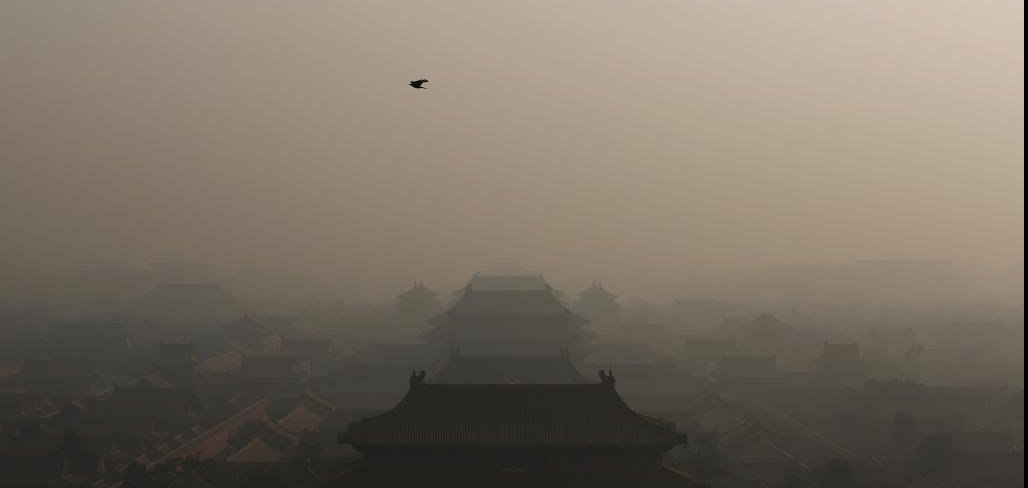 BEIJING, Jan. 8 (UPI) — At a meeting over the weekend, Beijing’s acting mayor Mayor Cai Qi announced the creation of an environmental police force. It was one of several solutions for the city’s smog problems offered by officials, according to a reports by state media agency Xinhua.
BEIJING, Jan. 8 (UPI) — At a meeting over the weekend, Beijing’s acting mayor Mayor Cai Qi announced the creation of an environmental police force. It was one of several solutions for the city’s smog problems offered by officials, according to a reports by state media agency Xinhua.
“Open-air barbecues, garbage incineration, biomass burning, dust from roads — these acts of non-compliance with regulations are actually the result of lax supervision and weak law enforcement,” Cai said in a statement .
The new police force will monitor and enforce violations of all of the above mentioned activities.
The Chinese government has tried to battle smog problems by punishing officials who fail to enforce standards and issuing fines to factories that violate pollution regulations, but the efforts have had minimal effects on air quality.
In addition to the new smog-fighting police, officials announced 2,500 “low-end” manufacturing plants will now be subjected to more stringent environmental standards. Another 500 low-end plants will be shuttered.
Beijing authorities announced on Friday air purifiers would be installed in the city’s schools and kindergartens.
“Though we have made some progresses, air pollution in winter is still very serious,” Cai said. “That’s why the government must strengthen environmental protection and step up supervision and accountability in 2017. ”
Last week, China issued its first national red alert , following several days of severe smog in dozens of cities. Despite the national alert, 21 cities, including Beijing and Tianjin, remain under orange alert.
Though parts of the Beijing metropolitan region have raised their alert level to red, Beijing has declined to so. A red alert in Beijing would trigger an even-odd system for vehicle use and automatically shutter factories.
The recent surge in smog is partially attributed to increased industrial production in the weeks leading up to the Chinese New Year, when factories must close so workers can return to rural villages to be with their families. Increased reliance on coal as a heating fuel in winter is also contributing to the problem.






